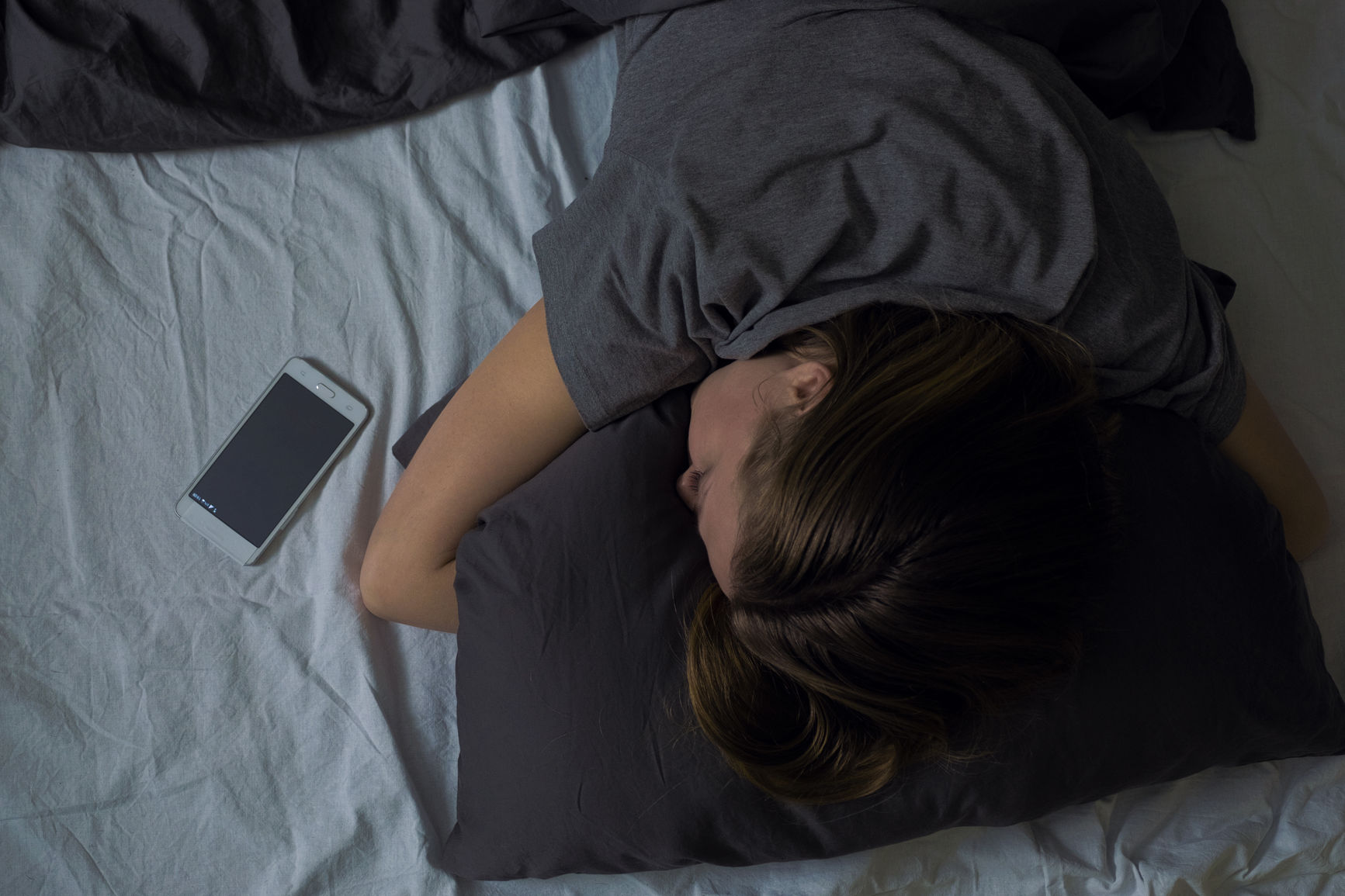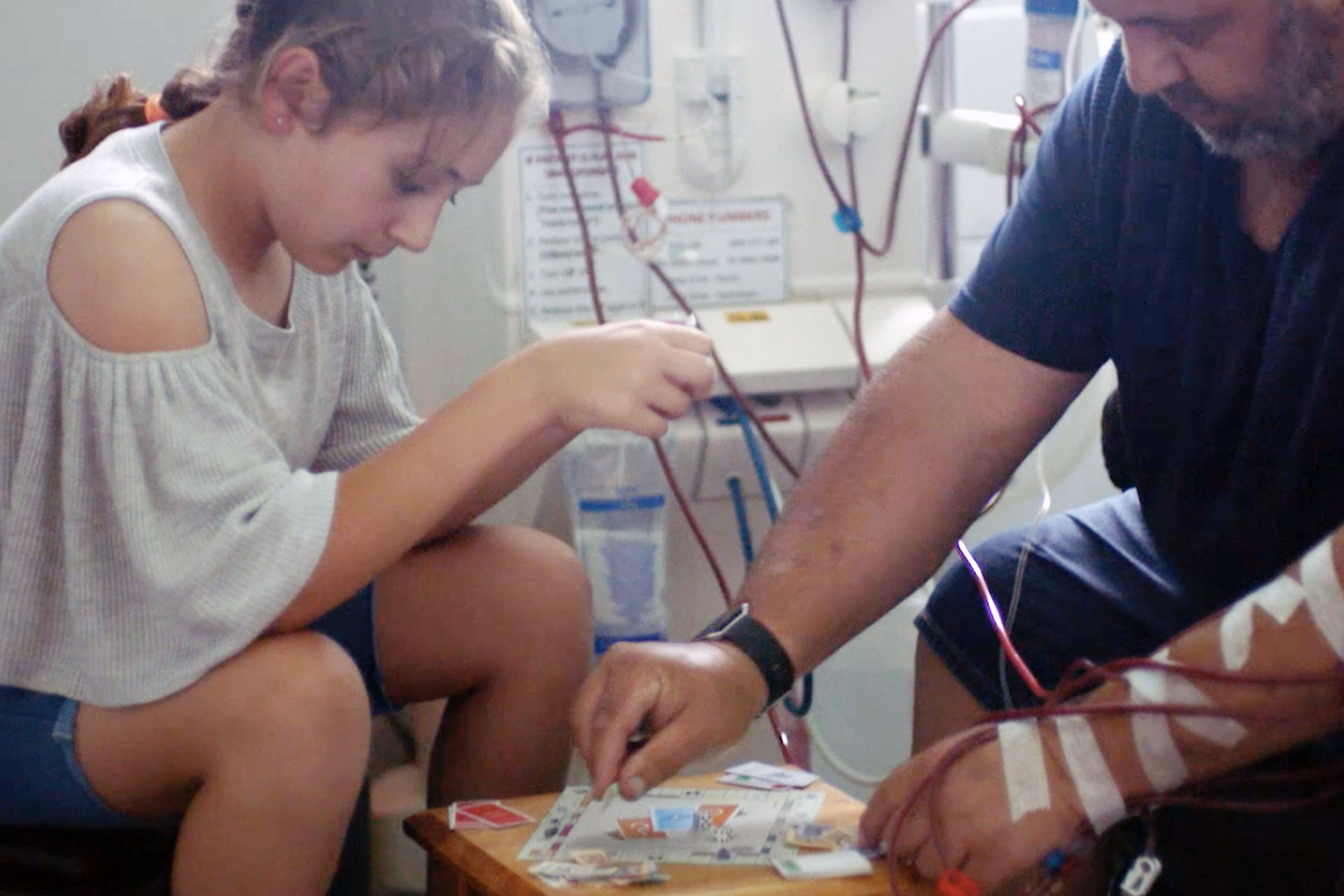-
Almost all of us are affected by mental illness in some way, whether it’s our own mental health, a friend’s or a family member’s.
So it’s no surprise to most people that mental illness, just like many other illnesses, costs individuals and the community money in terms of health services and things like time off work. But how much exactly?
A new Deakin University study, funded by the Medibank Better Health FoundationMedibank Better Health Foundation, has put a high price on common mental health conditions in Australia. It attributes an estimated $12.8 billion to depression, anxiety and substance-use related health and other societal costs.
Senior researcher Associate Professor Cathy Mihalopoulos, from Deakin Health Economics in the Centre for Population Health Research, said the study estimated costs associated with the use of healthcare resources, productivity loss, income tax loss, and welfare benefits.
“Mental and behavioural health disorders are the third biggest disease burden in Australia after cancer and cardiovascular diseases,” she said.
The total cost to society was broken down into $974 million in health care costs and $11.8 billion in total productivity loss.
Dr Mihalopoulos said the total productivity loss was made up of time that employed people lost from work as well as lost earnings due to higher rates of unemployment for people with a mental health diagnosis.
“Seventy per cent of this group (below the age of 65) indicated they were employed, but more than a quarter reported a loss of working days due to their mental illness, with an average of 38 days lost per year,” she said.
The study analysed data from the most recent National Survey of Health and Wellbeing, which found 18.5 per cent of Australians suffered from these three most common mental health conditions. It also found:
- Only 40 per cent of people included in the study with a diagnosis of depression, anxiety or substance use reported accessing any healthcare services for their mental health
- Visits to doctors such as general practitioners were the most commonly used service
- Nearly 23 per cent of the group reported the use of medication relevant to their mental health
- From the individual’s perspective, medications accounted for a third of the overall out-of-pocket costs, with the balance attributed to consultation services.
Chair of the Medibank Better Health Foundation Dr Linda Swan said the research highlighted the importance of improving access to mental health support in Australia.
“Mental health has been a key health focus in Australia in recent years, but to learn the impact is at least $12.8 billion is a call to do more. The broad ranging effects for those living with depression, anxiety and substance-use can be devastating and we encourage more Australians to seek help from their GP if they don’t know where to start,” Dr Swan said.
If you or someone you know is experiencing mental health issues, there’s 24/7 support out there. For urgent support, reach out to the beyondblue Support Service on 1300 22 4636 or Lifeline on 13 11 14, or make an appointment with your GP.
How much do mental health conditions cost?

-
Innovating for members living with chronic disease
Medibank is supporting our members living with chronic diseases such as heart disease, arthritis, and diabetes, through our CareComplete programs.
-
Medibank’s palliative care at home trial
Giving our customers choice in where they would like to receive their end-of-life care can provide dignity, privacy and help them retain control over the care they receive.
-
How your phone habits affect your sleep
And what it means for your mental health, hormones and more.
-
Medibank trialling haemodialysis at home
Giving members with chronic kidney disease more choice
-
The origins of western and eastern medicine
Two schools of thought explained
-
Almost half of hospital patients are looking for more support
Find out how Medibank is helping.
Subscribe to receive the best from Live Better every week. Healthy recipes, exercise tips and activities, offers and promotions – everything to help you eat, move and feel better.
By clicking sign up I understand and agree to Medibank's privacy policy





